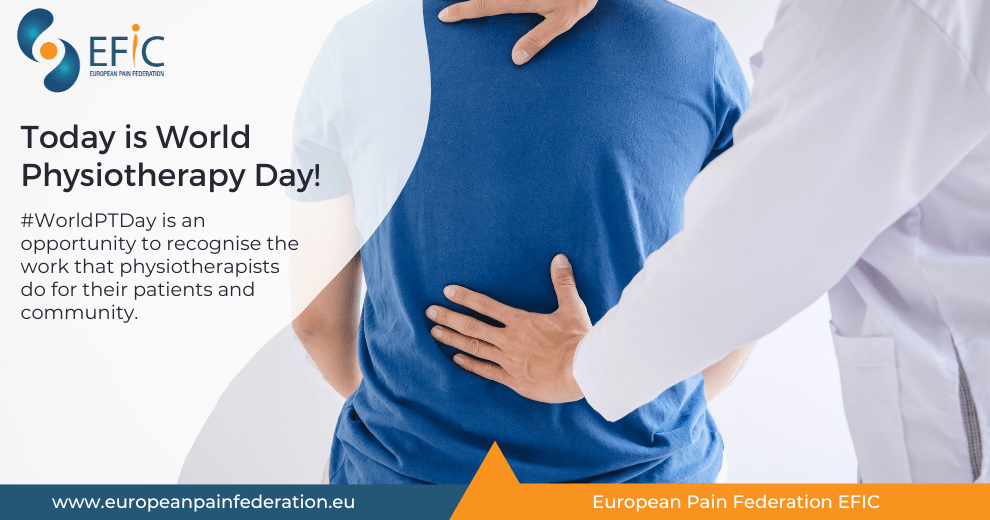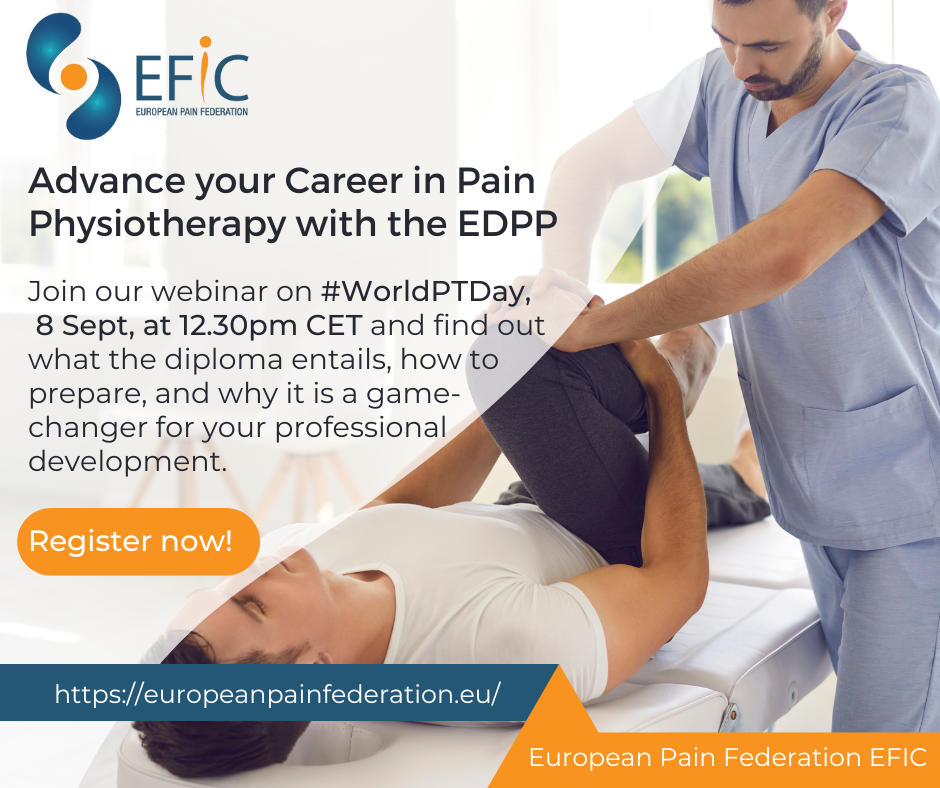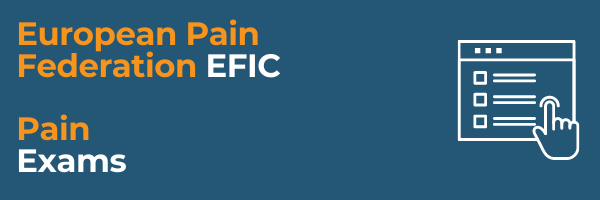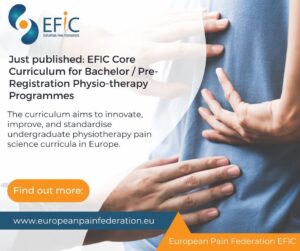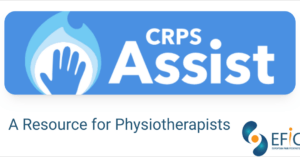Every year on 8 September, #WorldPTDay is a moment of reflection and awareness of the challenges physiotherapists face daily. Moreover, it is an occasion to highlight the necessary steps to allow physiotherapists worldwide to deliver the best patient care.
This year’s theme is “healthy ageing“.
Globally, over 962 million people—13 % of the world’s population—are aged 60 and older, and this number continues to grow. With older age comes increased prevalence of conditions such as musculoskeletal pain, frailty, falls, sensory impairments, and chronic disease—each of which can diminish functional ability and quality of life (WHO, 2024).
WHO defines healthy ageing as “the process of developing and maintaining the functional ability that enables well-being in older age.” Functional ability depends on both an individual’s physical and mental capacities and their broader environment (WHO, 2024).
For more information and to access the wonderful resources relating to World PT Day, visit https://world.physio/wptday
Please allow us to highlight some of EFIC’s resources relevant to physiotherapists:
On the occasion of World Physiotherapy Day, EFIC is holding a webinar on “Advance your career in Pain Physiotherapy with the EDPP”. The event, on 8 September 2025, from 12.30 to 13.30 CET, will feature exam directors and past diplomates who will present about what the diploma entails, how to prepare, and why it is a game-changer for your professional development.
Physiotherapists interested in keeping up to date with the most contemporary research on pain should complete joining the EFIC Academy. This would give you free access to the EFIC Academy Education Platform.
Our Platform includes tailored material to the Physiotherapy curriculum, developed by leading European physiotherapy educators specifically for an online learning environment in mind. Learners can pursue self-directed learning or follow specific tracks relevant to their needs.
Join EFIC Academy here
Physiotherapists interested in upskilling in contemporary pain assessment and treatment can complete the European Pain Federation Diploma in Pain Physiotherapy (EDPP). The EDPP is open to all qualified physiotherapists who see and treat people with pain, including those qualified to work in a hospital setting, assisting patients with rehabilitation following illness.
The next virtual sitting of EDPP Part 1 will take place on 14 November 2025.
Registration deadline: 14 October 2025
Register here
EFIC developed its core pain curriculum for Bachelor/pre-registration physiotherapy programs. The project was initiated through the Erasmus+ funded Physiotherapy Pain Science Curriculum Augmentation (UPPScAle) project, led by Brona Fullen (Ireland) and Harriet Wittink (The Netherlands), along with Ligia Rusu (Romania), Snjezana Schuster (Croatia), and Alan Kacin (Slovenia).
A subsequent collaboration between the European Pain Federation EFIC and the European Network of Physiotherapy in Higher Education (ENPHE) led to the development of the EFIC core pain curriculum for Bachelor/pre-registration Physiotherapy programs. Standardising physiotherapy education will ensure graduates become competent and proficient healthcare professionals, equipped to address the complexities of pain within diverse healthcare settings.
Find out more here
CRPS Assist is a free online tool for all European physiotherapists, providing practical guidance about Complex Regional Pain Syndrome (CRPS). As a relatively rare condition, most physiotherapists see a patient with CRPS only occasionally during their career and, therefore, will have limited experience and expertise. Further, patients with chronic CRPS repeatedly report difficulty getting a diagnosis and accessing treatment.
This tool aims to help patients with CRPS access the care they deserve as quickly as possible wherever they live. CRPS Assist can help clinicians identify CRPS patients and guide them through the following steps, highlighting common pitfalls and providing practical tips. It also includes a downloadable Budapest diagnostic criteria form and is available in many European languages.
Learn more here
